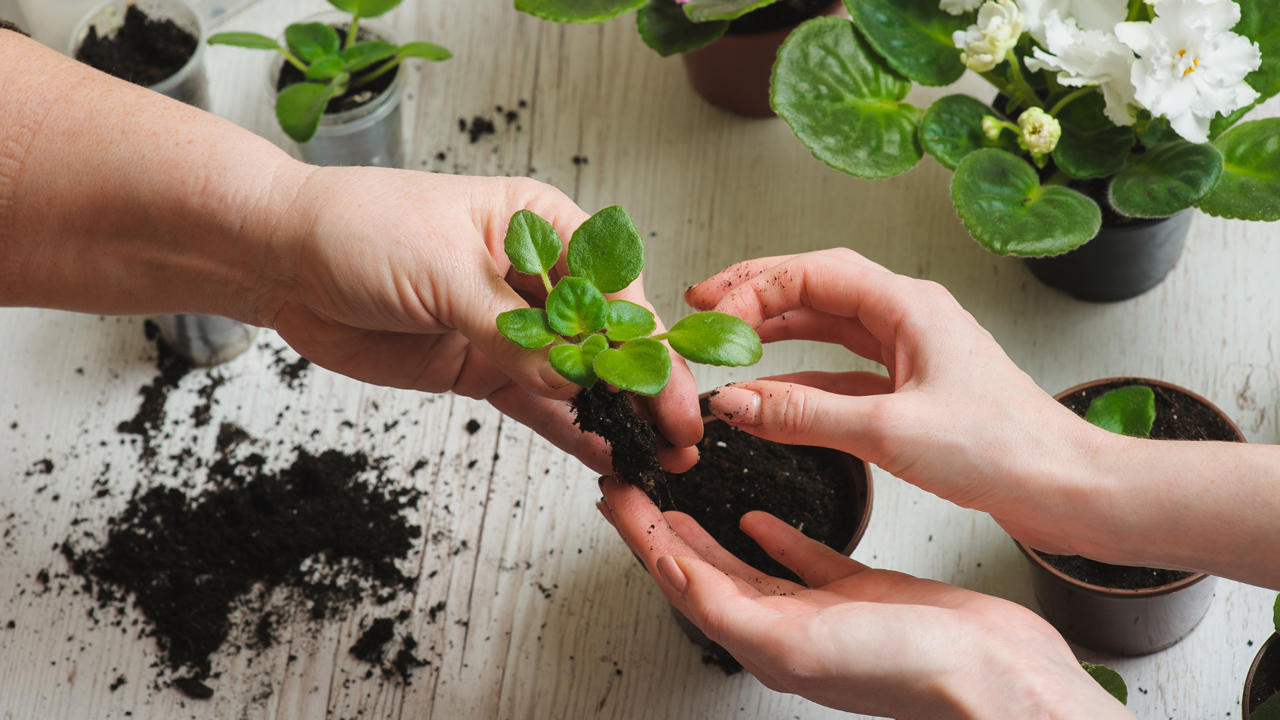Key Takeaways:
- Indoor plants can attract pests like aphids, spider mites, and fungus gnats.
- Natural pest control methods, like neem oil, insecticidal soap, and essential oils, are safe and effective.
- Diatomaceous earth is a natural powder that kills pests without harming plants.
- Prevent pests by inspecting new plants, avoiding overwatering, and cleaning leaves regularly.
- Professional plant services can help maintain pest-free plants using natural solutions.
- Interior planting design and plant maintenance services can keep your indoor garden healthy and beautiful.
Effective Natural Pest Control Solutions
Indoor plants bring life and color to any space, but pests can quickly ruin their beauty. If you’re like most plant owners, you want to avoid using harsh chemicals to get rid of bugs. Luckily, there are many natural pest control solutions that work just as well, if not better. In this guide, we’ll walk you through simple, effective ways to keep your plants pest-free using safe, natural methods.
When pests like aphids, spider mites, or fungus gnats invade your home garden, it’s easy to feel frustrated. These tiny pests can damage leaves, stunt growth, and, if not handled quickly, may even kill your plants. But before turning to chemical sprays, it’s important to know that natural options are safer for your plants and the environment.
Plant services, especially those offered by professionals, often include natural pest control methods as part of their package. Whether you’re into interior planting design or simply love a few plants in your living room, keeping pests away is key to healthy growth.
Common Indoor Plant Pests
Understanding which pests are attacking your plants is the first step in dealing with them. Some of the most common indoor plant pests include:
- Aphids: Tiny bugs that feed on new leaves, making them curl or yellow.
- Spider mites: These are tiny creatures that create webs on plants and suck out their sap.
- Fungus gnats: Small flies that breed in wet soil, which can damage young plants.
- Mealybugs: Soft-bodied pests that look like tiny cotton balls, feeding on plant sap.
- Scale insects: These round, immobile insects stick to leaves and stems, causing plants to weaken.
Once you’ve identified the pests, you can choose the best natural solution to tackle the problem. Let’s go over a few of the most effective ways to control these pests naturally.
Natural Pest Control Methods
If you’re looking for natural ways to protect your plants, there are several safe and easy solutions available. Here are some of the best natural pest control options for indoor plants:
-
Neem Oil Spray
Neem oil is a popular natural pesticide that works by disrupting the life cycle of pests like aphids, spider mites, and mealybugs. It’s widely used in plant services because of its effectiveness and safety.
- Mix 2 teaspoons of neem oil with a liter of water and a few drops of dish soap.
- Spray the solution on both sides of the leaves, focusing on areas where pests hide.
- Reapply every week until the pests are gone.
Neem oil is safe for pets and children, so it’s a great choice for families.
-
Insecticidal Soap
Insecticidal soap is another great option that kills small pests like aphids and spider mites by suffocating them. You can buy it at garden stores or make your own.
- Mix 1 teaspoon of mild dish soap with a liter of water.
- Spray it directly onto the plants.
- Be sure to rinse off the soap after a few hours to prevent any damage to the plant.
It’s a safe and effective solution that works well on most common indoor pests.
-
Essential Oils
Essential oils like peppermint and rosemary naturally repel insects and are often used in plant maintenance services. Not only do they keep pests away, but they also leave your plants smelling fresh.
- Add 10 drops of peppermint or rosemary oil to water.
- Spray the mixture on your plants every few days.
This method works as a natural pest repellent and makes your space smell great!
-
Diatomaceous Earth
Diatomaceous earth is a natural powder that kills pests like fungus gnats by damaging their exoskeletons. It’s non-toxic and safe to use indoors.
- Sprinkle a thin layer on the soil surface.
- Reapply after watering the plants.
This is one of the safest natural pest control methods for indoor gardens.
Preventing Pests from Returning
Preventing pests is always easier than treating an infestation. Here are some tips to help you avoid pest problems in the first place:
- Inspect new plants before bringing them indoors. Always check for signs of pests and quarantine new plants for a few days.
- Clean your plant leaves regularly. Dusty leaves can attract pests, so wipe them down with a damp cloth or give them a gentle spray of water.
- Avoid overwatering. Pests like fungus gnats thrive in moist environments. Let your soil dry out between waterings.
- Ensure proper air circulation. Pests like spider mites love humid, stagnant air. Make sure your plants have enough space and good airflow.
By taking care of your plants and following these preventive steps, you’ll be able to enjoy a healthy, pest-free indoor garden.
How Mr. PlantSoCal Can Help
Taking care of indoor plants can be a lot of work, especially when pests are involved. That’s why plant services like those offered by Mr. PlantSoCal can be a great help. Our plant maintenance services include natural pest control, so you don’t have to worry about harmful chemicals in your home.
Whether you need help with interior planting design or regular plant care, we’ve got you covered. Our team uses eco-friendly, safe solutions to keep your plants looking their best all year round. Reach out to us today, and let’s keep your indoor garden thriving!


